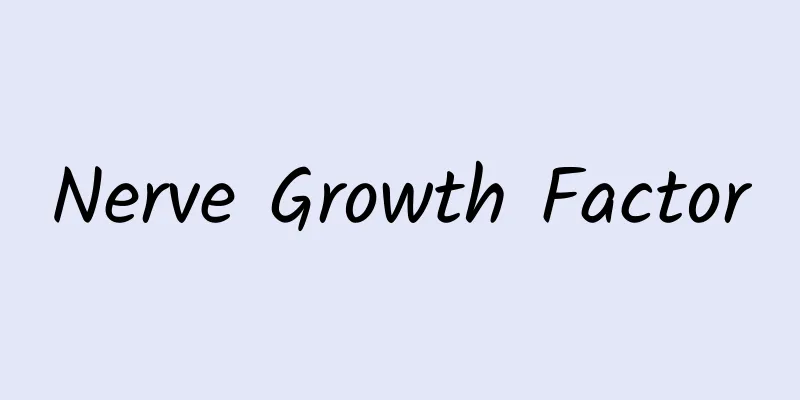Nerve Growth Factor

|
It is well known that nutrition science has discovered nerve growth factor a long time ago. With the deepening of research, many studies related to nerve growth factor have been formed. Studies have shown that this substance can promote the growth and development of the nervous system and protect nerve cells. Therefore, for those who are studying, neural growth factors can also be used to improve memory and learning efficiency. Nerve growth factor (NGF) is the earliest discovered and most thoroughly studied neurotrophic factor. It is a neural cell growth regulatory factor with dual biological functions of neuronal nutrition and promoting neurite growth. It plays an important regulatory role in the development, differentiation, growth, regeneration and expression of functional characteristics of central and peripheral neurons. NGF contains three subunits: α, β, and γ. The active region is the β subunit, a dimer formed by two single chains consisting of 118 amino acids bound by non-covalent bonds. It has a high degree of homology with the structure of human NGF, and its biological effects have no obvious species specificity. NGF binds to its receptor and is internalized through the receptor-mediated endocytosis mechanism, forming vesicles surrounded by the axonal membrane, containing NGF and maintaining its biological activity. These vesicles are retrogradely transported along the microtubules through the axons to the cell body, and through the transduction of second messenger systems such as tyrosine protein kinase, lipopolysaccharide calcium, and endogenous cyclic adenosine monophosphate, a series of cascade reactions are initiated, regulating the gene expression of certain structural or functional proteins of the target cells and exerting their biological effects. In 1986, Italian scientist Levi-Montalcini proved through experiments that nerve growth factor (NGF) can promote the regeneration of brain nerves, and was awarded the 86th Nobel Prize in Physiology and Medicine for this. This discovery caused a great sensation in the medical community. Levi and Cohen found that the main functions of NGF are: 1. Promoting the growth and development of the nervous system during the development of the body; 2. It has a nutritional and protective effect on normal nerve cells after the body matures; 3. It can promote neuronal regeneration and functional recovery after nerve damage (such as cerebrovascular accident and brain trauma); 4. Improve learning and memory functions. |
<<: Treatment of autonomic nervous system disorders
>>: Manifestations of vagus nerve excitation
Recommend
Where can I scrape to lower my blood pressure?
In traditional Chinese medicine, scraping is a co...
How to adjust the bad complexion?
The so-called complexion actually refers to a per...
Will drinking wolfberry cause internal heat?
Wolfberry is a common thing in daily life. Wolfbe...
Precautions for smoking
With the continuous improvement of modernization,...
Fasting detoxification weight loss method, the correct way to fast and detoxify
I don’t know if you have heard of the fasting det...
Experience of induced ovulation pregnancy with polycystic ovary syndrome
Infertility has become a very serious problem. Pe...
Medical records of Ma Huang Fu Zi Xi Xin Tang
Ma Huang Lu Te Ke Xi Xin Tang, the name of a Chin...
Is varicose vein bleeding effective?
There are many treatments for varicose veins. Dur...
Causes of high creatinine and uric acid
Creatinine is the product of our body's muscl...
Can dandelion cure gynecological diseases?
Dandelions are relatively common in rural areas. ...
What are the treatments for neuralgic headaches?
Neuralgia headaches may be familiar to everyone. ...
Taboos of cypress seeds
Everyone has heard the saying that pine and cypre...
Is it okay to do an MRI for lumbar disc herniation?
Magnetic resonance imaging is a method of examini...
What to do if you can't poop due to hemorrhoids
Hemorrhoids are a very troublesome disease, but a...
What causes getting angry?
Getting angry is a relatively common phenomenon. ...









